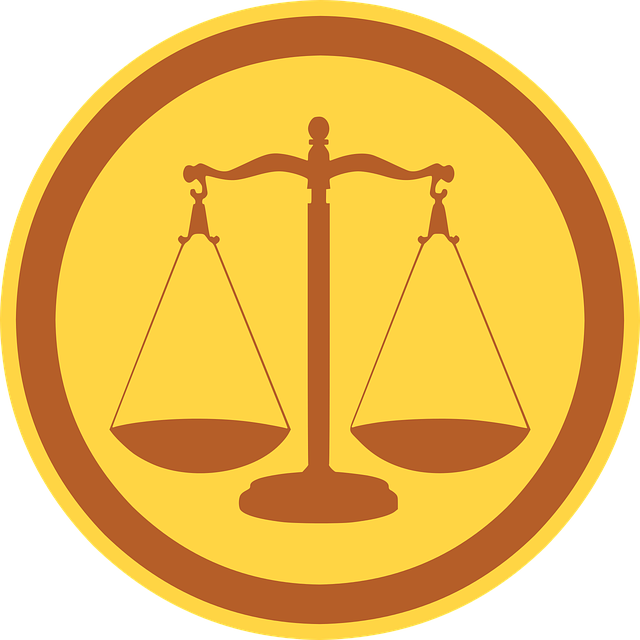Oregon's child welfare attorneys operate within a robust legal framework, guided by the Oregon Child Welfare Code and specialized juvenile courts, to protect children's best interests. They benefit from extensive legal resources, including state-funded platforms, local bar associations offering pro bono services, and tailored court forms. Staying current on both state and federal legislation, such as CAPTA and ASFA, ensures comprehensive case management and representation for vulnerable youth. Strategic utilization of these legal resources empowers attorneys to navigate complex cases, protect children, and drive systemic changes within Oregon's legal system.
In Oregon, child welfare attorneys play a vital role in protecting and promoting the well-being of vulnerable children. To effectively advocate for these clients, a deep understanding of the state’s unique legal framework is essential. This article guides legal professionals through Oregon’s child welfare system, highlighting key resources and navigating complex state and federal laws. From comprehending regulatory frameworks to leveraging powerful legal tools and organizations, this resource equips attorneys with the knowledge needed to secure positive outcomes for children in need.
- Understanding Oregon's Legal Framework for Child Welfare
- Key Resources for Child Welfare Attorneys in Oregon
- Navigating State and Federal Laws Relevant to Child Protection
- Utilizing Legal Tools and Organizations for Effective Advocacy
Understanding Oregon's Legal Framework for Child Welfare

In Oregon, child welfare attorneys navigate a robust and complex legal framework designed to protect and promote the best interests of children. The state’s laws provide a comprehensive set of guidelines and procedures for various aspects of child welfare, from removal and placement to adoption and guardianship. Understanding this legal landscape is paramount for attorneys seeking to ensure fair and just outcomes for their young clients.
Oregon’s approach emphasizes collaboration between agencies, courts, and legal professionals to create stable and nurturing environments for children in need. Key legal resources include the Oregon Child Welfare Code, which outlines the responsibilities of the Department of Human Services (DHS) and establishes procedures for investigations, interventions, and case management. Additionally, the state’s court system plays a crucial role, with specialized juvenile courts handling cases involving minors, ensuring dedicated attention to their unique needs and rights.
Key Resources for Child Welfare Attorneys in Oregon

In Oregon, child welfare attorneys have access to a robust network of legal resources designed to support and strengthen their practice. The state’s judicial system offers numerous tools tailored to family law cases, with a particular focus on the best interests of the child. Key resources include court forms specifically created for dependency and guardianship proceedings, ensuring efficient case management. Oregon’s legal community also provides access to an extensive database of precedents and legal research materials, enabling attorneys to navigate complex legal issues effectively.
Additionally, local bar associations and legal aid organizations offer valuable services such as pro bono representation, workshops on emerging child welfare laws, and mentorship programs. These initiatives not only enhance the skills of practitioners but also ensure that vulnerable children receive competent legal counsel. Online platforms and state-funded resources further facilitate case preparation, offering guidelines, policies, and educational materials relevant to child protection cases.
Navigating State and Federal Laws Relevant to Child Protection

Navigating the complex landscape of child protection laws is a critical skill for attorneys in Oregon focused on child welfare. These laws are a crucial legal resource, shaping how cases are handled and ensuring the safety and well-being of vulnerable children. Oregon’s statutes provide a comprehensive framework, covering various aspects of child protection, including abuse prevention, removal from home, and placement services. Understanding these state laws is essential for attorneys to advocate effectively for their clients and make informed decisions.
However, it’s not just about state regulations; federal laws also play a significant role in this domain. The Child Abuse Prevention and Treatment Act (CAPTA) and the Adoption and Safe Families Act (ASFA) are key federal legislations that Oregon attorneys must be familiar with. These acts establish national standards and guidelines, ensuring a consistent approach to child protection across the country. By staying updated on both state and federal laws, child welfare attorneys in Oregon can ensure they provide the best legal resources and representation for their young clients.
Utilizing Legal Tools and Organizations for Effective Advocacy

Child welfare attorneys in Oregon can significantly enhance their advocacy efforts by leveraging various legal tools and organizations designed to support their work. These resources cater to a wide range of needs, from legal research and case management to policy analysis and community engagement. By utilizing these instruments effectively, attorneys can better navigate complex cases, ensure the protection of vulnerable children, and advocate for systemic changes that promote well-being and safety.
Legal resources Oregon offers include access to comprehensive legal databases, pro bono services, and specialized non-profit organizations dedicated to child advocacy. For instance, the Oregon State Bar provides online legal research tools and resources tailored to family law matters, which can be invaluable when addressing issues related to child welfare. Additionally, local and national non-profits offer direct assistance, training, and networking opportunities for attorneys committed to defending the rights of children. These organizations not only provide practical support but also foster collaboration among professionals dedicated to making a positive impact in Oregon’s legal system.






